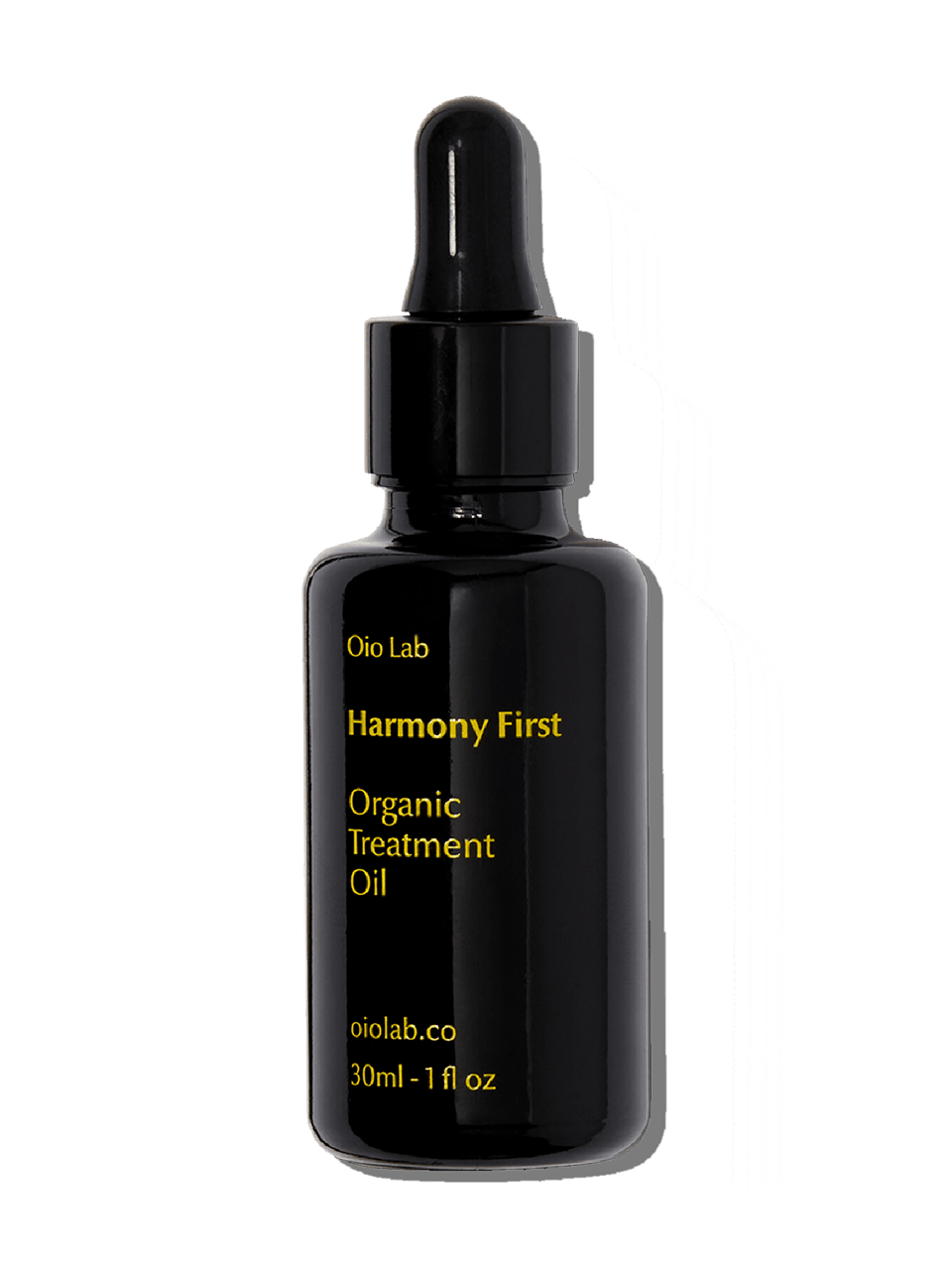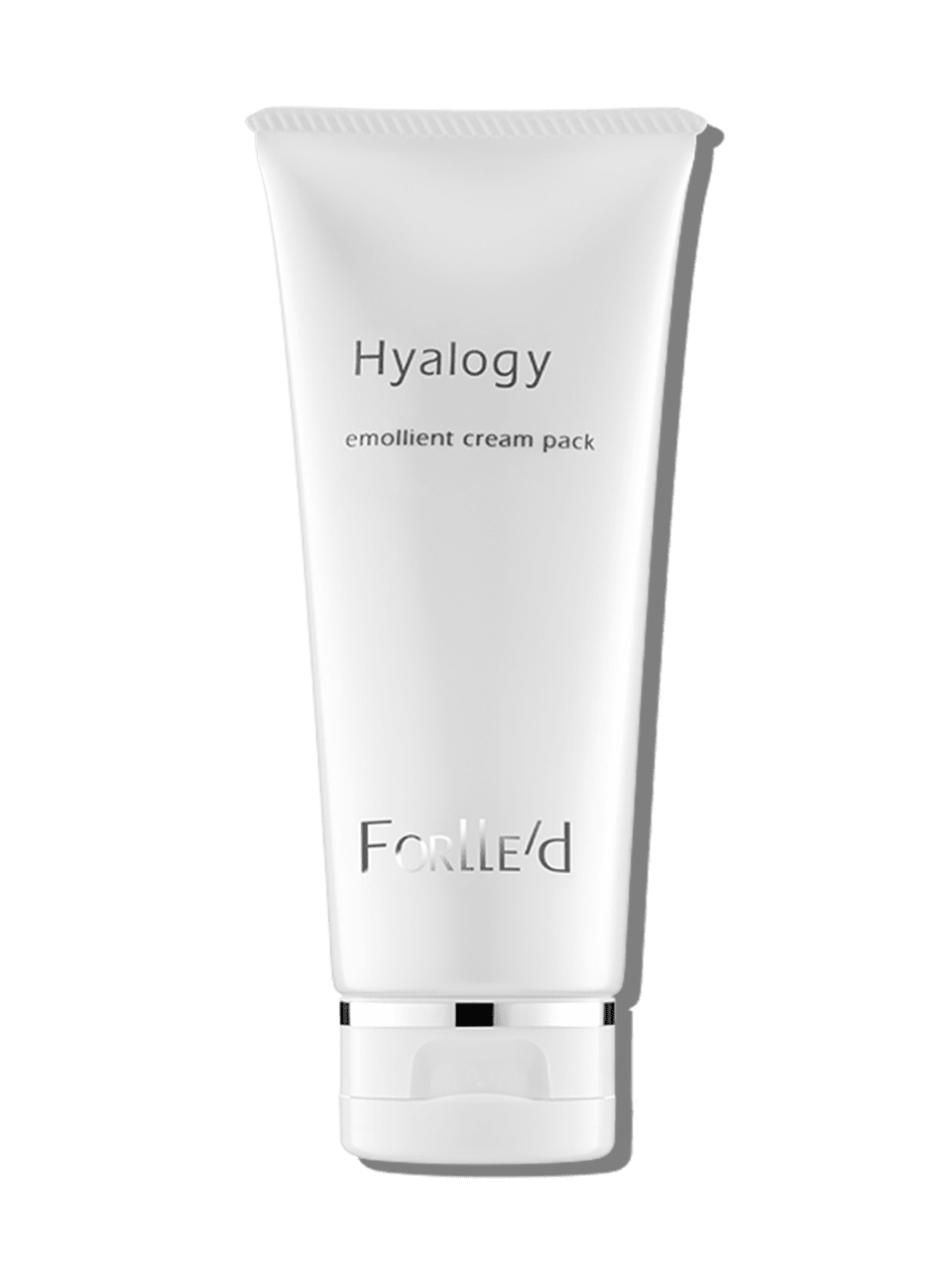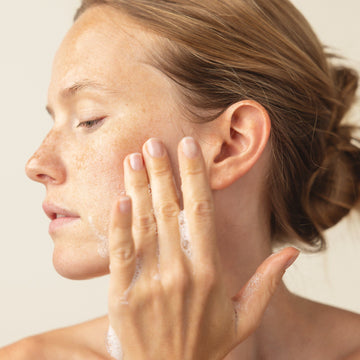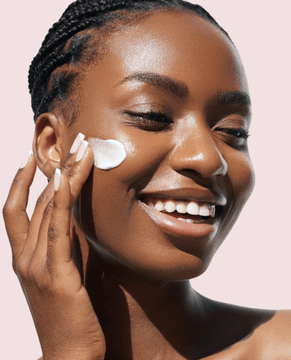The Skinny on Our Skin Barrier
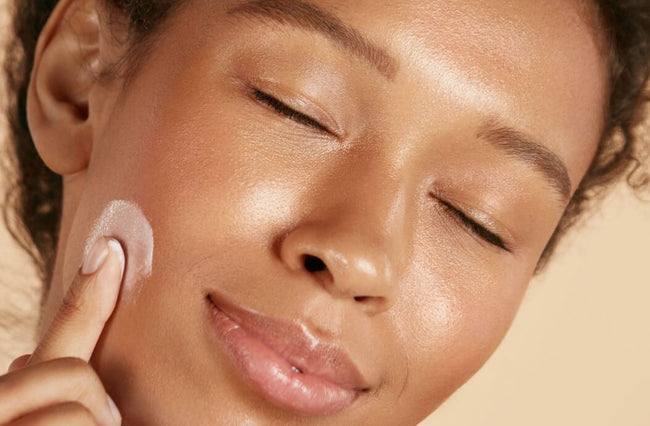
What is the skin barrier?
The skin barrier, also referred to as the moisture barrier, is the top layer of the epidermis, known as the stratum corneum. To put it more simply, it is the skin that we see.
The main job of the skin barrier is to keep water in your skin and a strong barrier regulates and slows down trans epidermal water loss (TEWL). It is also your body’s first line of defense against pollution, inflammation, infection, irritation, uv rays, dehydration, and toxins.
Our skin barrier is slightly acidic, and this acidity (acid mantle) protects the skin against the growth of fungi, harmful bacteria, and virus.
Our skin barrier is made up of cells called corneocytes that act as bricks. These bricks are ‘glued together’ by fats including cholesterol, ceramides, and fatty acids. This layer also contains filaggrin, a protein which helps make natural moisturizing factors (NMF) for the skin.
If your skin barrier is healthy, it will retain water effectively, maintaining a good hydration balance and it will contain the optimal amount of lipids and NMF. Skin will appear radiant, plump, smooth, and soft to the touch.
What happens if your skin barrier is compromised?
Your skin barrier can be compromised by many things including: age, stress, over-exfoliation, too many active ingredients used together, synthetic fragrance, the climate you live in, excess alcohol and sugar consumption, as well as genetic predisposition.
A weakened barrier can cause acne, eczema, rosacea flareups, perioral dermatitis, increased post-inflammatory hyperpigmentation, flushing, skin sensitivity, itchy, dry skin, lack of elasticity, and discoloration as well as viral, bacterial, and fungal infections.
How can you repair a damaged skin barrier?
It is important to identify the cause of the problem and make the appropriate changes to your lifestyle and skin care routine to fix it.
Balancing the skin is the next step. Use cleanser and toners that bring the skin back to its proper pH.
Simplify your skincare routine and focus on balancing, calming, soothing and hydrating serums and moisturizers. Use nourishing, comforting ingredients including ceramides, fatty acids, and hyaluronic acid.

